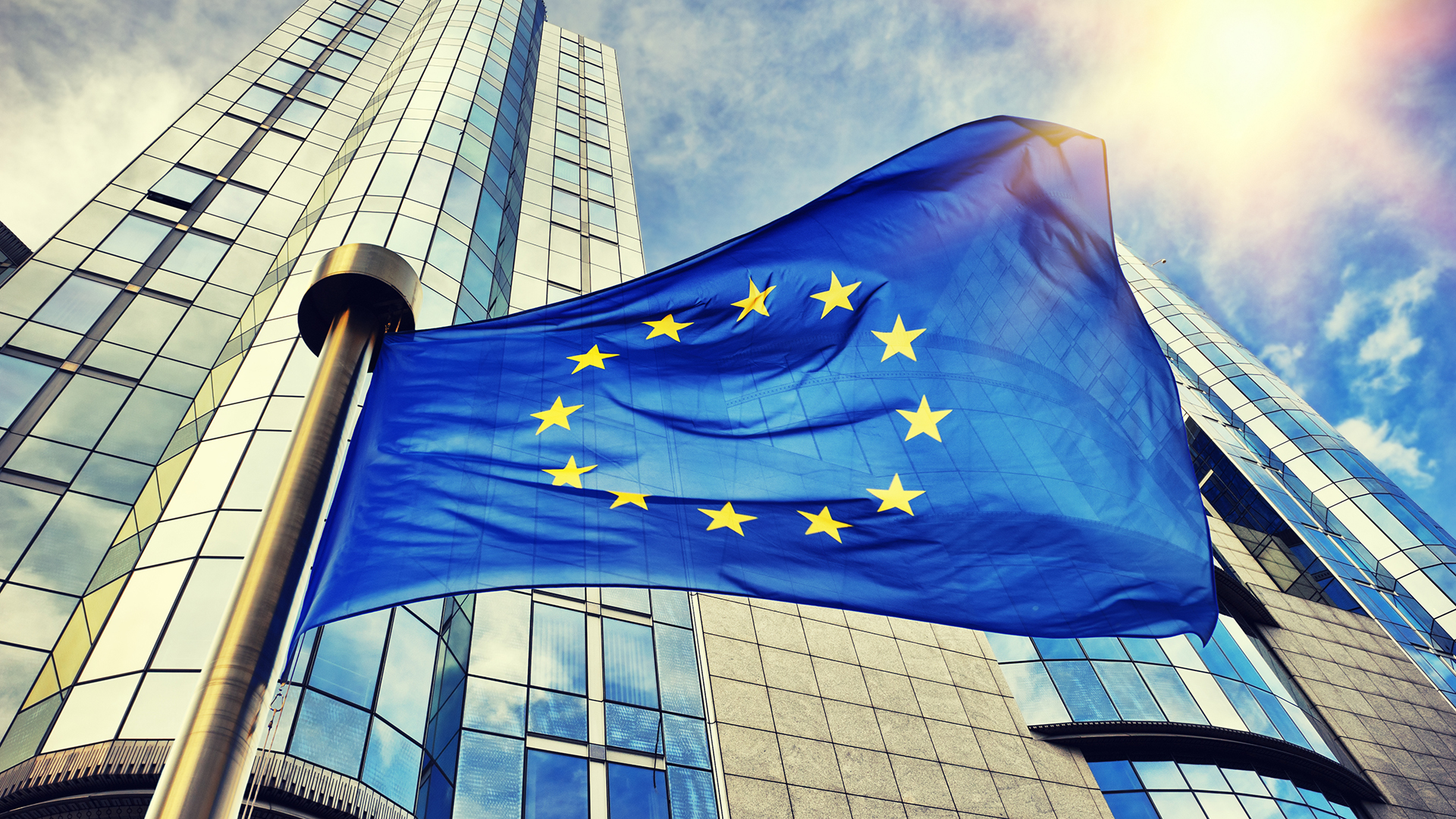With an extra boost via Horizon Europe, the Innovation, Science, and Economic Development Department discusses Horizon Europe in Canada and the future in scientific research.
Canada’s agreement with the European Commission opens up Horizon Europe to Canada, the latest programme funding science and research initiatives to better the planet. The Canadian Government’s Department of Innovation, Science, and Economic Development (ISED) spoke with The Innovation Platform to detail this huge funding opportunity, the significance of global collaboration, and the promise of exceptional research.
How will advancing Horizon Europe in Canada benefit its innovation and economic development goals?
Canada is committed to working with like-minded countries to address global challenges through science- and evidence-based solutions. International research and innovation collaborations contribute to Canada’s ability to confront these challenges and seize opportunities, as well as boost our reputation as a research leader. Increased research collaboration is also a significant economic driver through commercialisation activities and talent attraction.
To create more international opportunities for Canadian researchers, innovators, and businesses to pursue their discoveries, the Government of Canada is supporting increased collaboration through developing Horizon Europe in Canada, the world’s largest research and innovation funding programme involving countries around the globe.
In November 2023, the Government of Canada closed substantive negotiations with the European Commission to join Horizon Europe as an associate country under Pillar II, which is focused on global challenges such as climate, health, culture and inclusive societies, and digital industries. While Canadians could already participate in all Horizon Europe project calls open to international partners, they can now access a broader range of research opportunities and benefits in Pillar II, as research and innovation community members of an associated country.
Since December 2023, the European Commission has been reviewing applications from Canadian researchers and innovators as full-fledged associate members of consortia in Horizon Europe Pillar II project calls to ensure Canadians do not miss funding opportunities. Awards will only be issued once the association treaty has been provisionally applied, which is expected to occur in mid-to-late 2024. This will also make accessing funds quicker and more streamlined.
For more information, please visit the Government of Canada’s website on Horizon Europe.
What specific opportunities does the Horizon Europe extension offer for Canadian researchers, innovators, and businesses?
By collaborating closely with international partners through Horizon Europe, Canada’s talented research and innovation community can develop solutions to some of the world’s most pressing challenges.
Developing Horizon Europe in Canada provides opportunities for Canadian researchers and innovators to showcase their expertise on the international stage, potentially leading to the implementation and commercialisation of tangible solutions to global challenges. For example, about 35% of Horizon Europe funding targets efforts to combat climate change. As an associate member, Canadian researchers will have increased access to research opportunities and can play an even more significant part in the global response to international challenges.

The benefits of associating also include leading projects, receiving direct funding, and collaborating with European and other international partners in various research and innovation areas. This allows the Canadian research and innovation community to propose projects, initiate consortia, and have a greater say in shaping the direction, objectives, and outcomes of Horizon Europe projects. Canadian researchers also benefit from Horizon Europe through increased collaboration and networking, as well as new opportunities to expand their work’s reach and citation impact.
Can you highlight any collaborative initiatives or partnerships Canada plans to pursue through Horizon Europe?
With a budget of €95.5bn over seven years (2021 to 2027), Horizon Europe will give talented Canadian researchers and innovators access to new opportunities to collaborate more closely with international partners and to develop solutions to pressing global challenges, from human health and climate change to social inclusion.
While the Government of Canada encourages Canadians to participate in all Horizon Europe calls that are open to international applicants, efforts will focus on supporting Canadians to apply for opportunities in Pillar II since Canada will be an associated country in this category.
Pillar II funding is centred around six ‘clusters’ that offer collaborative initiatives and partnership opportunities. These six clusters include:
1. Health;
2. Culture, Creativity and Inclusive Society;
3. Civil Security for Society;
4. Digital, Industry and Space;
5. Climate, Energy and Mobility; and
6. Food, Bioeconomy, Natural Resources, Agriculture and Environment.
The Horizon Europe Association Agreement will significantly enhance Canadian participation in Pillar II. For context, Horizon 2020, Horizon Europe’s predecessor, funded more than 7,500 collaborative projects with participants from 149 countries. Canada’s participation in Horizon 2020 ranked third among non-associated non-EU countries.
To get a sense of the projects being funded, browse the EU funding and tender opportunities portal under the programme category Horizon Europe.
How does Canada intend to ensure equitable participation of diverse Canadian stakeholders in Horizon Europe projects?
Canada sought to associate with Pillar II of Horizon Europe in light of the opportunities it presents to a wide diversity of members of the Canadian research and innovation community. Academics, industrial researchers, small-to-medium-sized enterprises, non-profit and charity sector entities, and other researchers and innovators in Canada can all apply to Horizon Europe. While the European Commission administers the programme, the Canadian government has a role to promote the opportunities to diverse research communities.
Funding is allocated following a peer-review process similar to the one used in domestic Canadian research funding decisions. Funding amounts vary by project. Consortia members receive a lump sum per project, meaning that the recipients decide how funds will be spent among consortia partners: The European Commission provides guidance on eligible costs, which all consortia members are expected to respect and comply with.

In particular, the programme has strategic orientations to guide funding allocation, including supporting a more resilient, inclusive, and democratic society, being prepared for and responsive to threats and disasters, addressing inequalities and providing high-quality health care, and empowering all citizens to act in the green and digital transitions.
In addition, one of the six clusters in Pillar II is Culture, Creativity and Inclusive Societies. This cluster funds projects that will help promote a model of inclusive and sustainable growth. It helps to enhance trust in, and promote innovation of, democratic governance, as well as combat inequalities, unemployment, marginalisation, discrimination, and radicalisation. The activities funded under this cluster will help guarantee human rights, foster cultural diversity, and empower people through social innovation.
What measures are in place to assess the impact of Horizon Europe in Canada on its innovation ecosystem and economic growth?
Through the Department of Innovation, Science and Economic Development, the Government of Canada will work with the European Commission and Canadian applicants to support Canadian participation in Pillar II projects, track success rates, and the impact of Canada’s participation in Horizon Europe.
The Government of Canada and the European Commission are working towards the prompt signature and implementation of Canada’s association in Pillar II of Horizon Europe and will provide more information once the domestic approvals process is complete.
How does Canada plan to navigate potential challenges or barriers to participation in Horizon Europe, and what strategies are in place to maximise the benefits for Canadian stakeholders?
The Government of Canada will support applicants to ensure they are set up for success when applying to this programme. By establishing national contact points in Canada, applicants will have access to guidance, practical information, and assistance on participation of Canada in Horizon Europe. These subject matter experts will have a strong awareness of domestic and international expertise in each of the six clusters of Pillar II. They will be responsible for informing, advising, assisting, training, raising awareness, and strengthening co-operation among stakeholders, among other roles within the network.
The Government of Canada and the European Commission are working towards the prompt signature and implementation of Canada’s association in Pillar II of Horizon Europe and will provide more information once the domestic approvals process is complete.
Please note, this article will also appear in the seventeenth edition of our quarterly publication.









